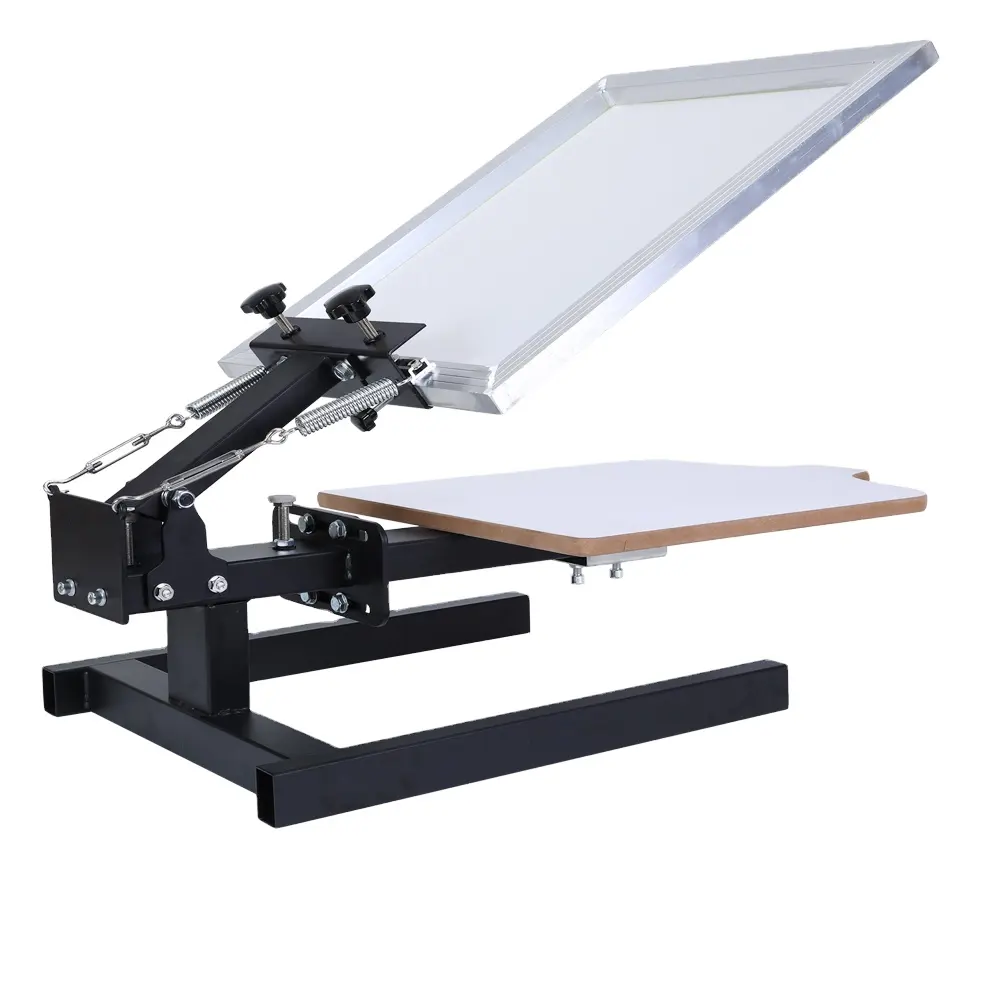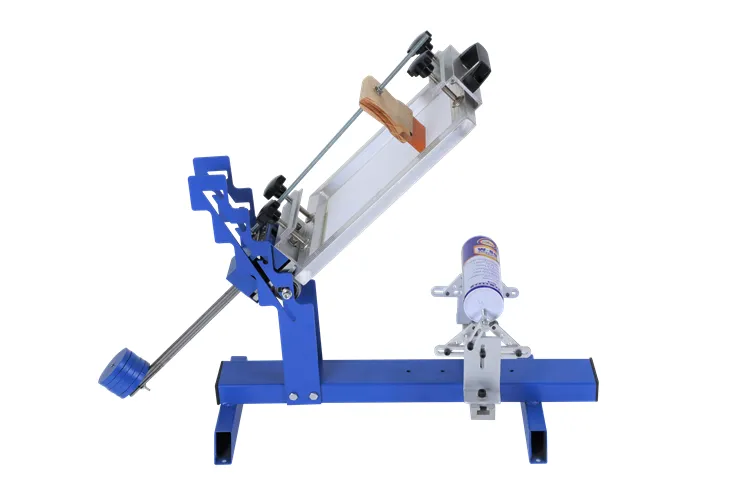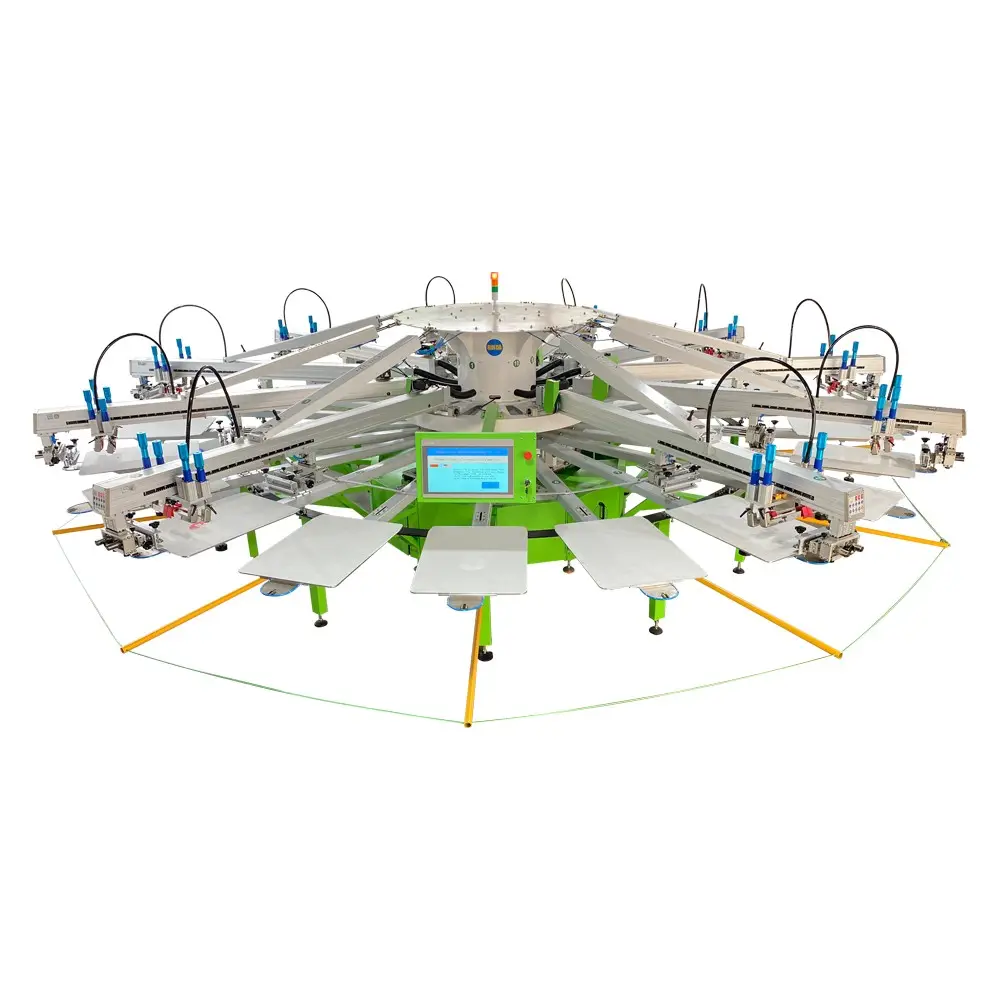buy screen printing screens
Screen printing screens are essential tools in the printing industry, serving as the foundation for creating high-quality prints across various materials. These precision-engineered mesh screens, typically constructed from polyester or stainless steel, are stretched over rigid frames to maintain optimal tension for consistent print results. The screens come in different mesh counts, ranging from coarse (60-110 threads per inch) for thick ink deposits to fine (200-305 threads per inch) for detailed artwork. When selecting screen printing screens, considerations include the mesh count, thread diameter, and frame material, all of which affect print quality and durability. Modern screen printing screens often feature advanced coatings that enhance their durability and ease of cleaning, while also improving ink transfer efficiency. These screens are compatible with various emulsion types and can be used repeatedly when properly maintained. The versatility of screen printing screens makes them ideal for printing on textiles, ceramics, glass, wood, and other surfaces. Professional-grade screens often incorporate innovative frame designs that prevent warping and maintain consistent tension, ensuring reliable performance throughout multiple print runs.


